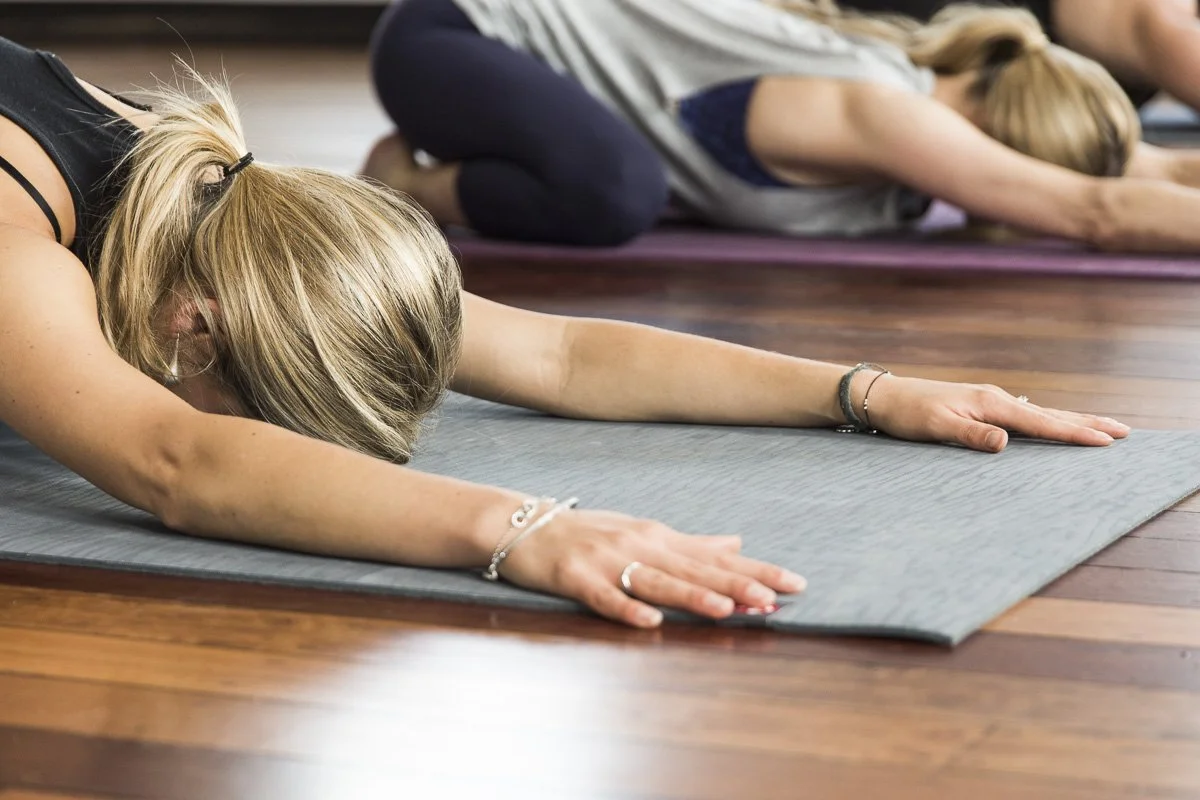What is trauma aware yoga?
Trauma aware yoga (also known as trauma informed yoga) is a gentle and supportive approach to yoga that prioritises the needs of individuals with trauma histories. Unlike many contemporary styles of yoga, which often emphasise physical accomplishment and flexibility, trauma aware yoga focuses on cultivating a sense of safety, grounding, and self-compassion. It involves a slower pace, with a focus on breath work, mindfulness, and gentle movement. The goal is to help individuals reconnect with their bodies, regulate their emotions, and develop resilience in a safe and non-judgmental environment.
Who is trauma-aware yoga teacher training for?
Arguably, trauma-informed yoga teacher training is relevant for all yoga teachers. We rarely know the full history of our students or truly understand how our language and behaviour might unintentionally affect them. Despite our best efforts to create inclusive and accessible offerings, a yoga studio or class can still feel unsafe or intimidating to some.
Trauma-aware yoga teacher training will show you how to create and cultivate a safe container for students to reconnect with and befriend their bodies, fostering integrative healing and self-discovery.
For yoga teachers who seek to become experts in this area or offer specialized classes, there are in-depth training courses offered over hundreds or thousands of hours. It's a vast subject area that incorporates elements of somatics and psychology. Alternatively, an introductory course will equip you as a yoga teacher to create an accessible class and an enhanced experience for students with trauma histories.
What is involved in trauma-aware yoga teacher training?
Foundational training will introduce the impact of trauma on the body, brain, nervous system, and overall well-being, and provide tools for yoga teachers to practice and teach with greater trauma awareness and sensitivity to support integrative healing. Key areas of learning include:
Understanding trauma: The difference between depression, stress, and anxiety, and their impacts on overall health.
Understanding the nervous system: Autonomic awareness; proprioception; interoception; gut-brain & heart axis; social engagement system; how to teach regulation.
The four key principles of a trauma-sensitive yoga class: Present moment; making choices; taking effective action; creating rhythms.
Integrating trauma-sensitive yoga into classes and workshops: Considerations for creating a trauma-sensitive safe container.
Embodied yoga practices to support mental health: Mindfulness, pranayama, mudras, meditation, Yoga Nidra.
Yoga & body image: How yoga can harm and heal; making classes welcoming, safe, adaptable, and accessible for everybody; supporting body neutrality.
If you are a yoga teacher seeking to upskill and make your classes genuinely inclusive and accessible to all, SoHo Yoga is offering a 35-hour introduction to trauma informed yoga teacher training. Certified teachers may earn 35 continuing education training hours accredited by Yoga Alliance International Registry.
Find out more at sohoyoga.com.au/trauma-informed-yoga-teacher-training.



